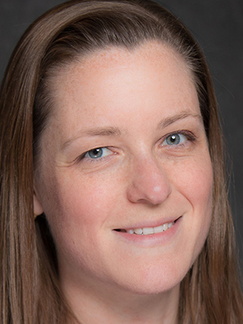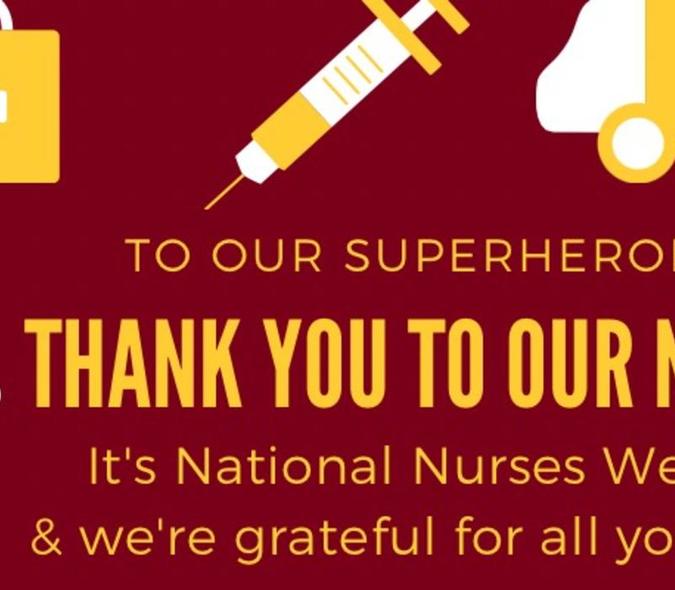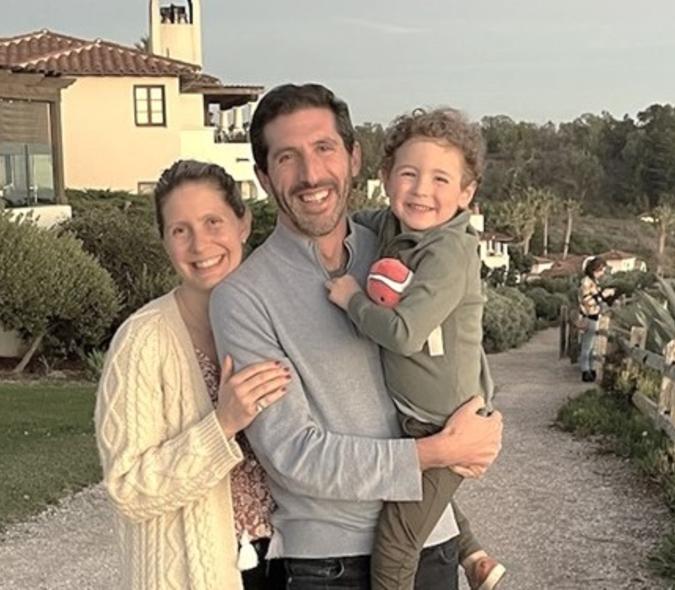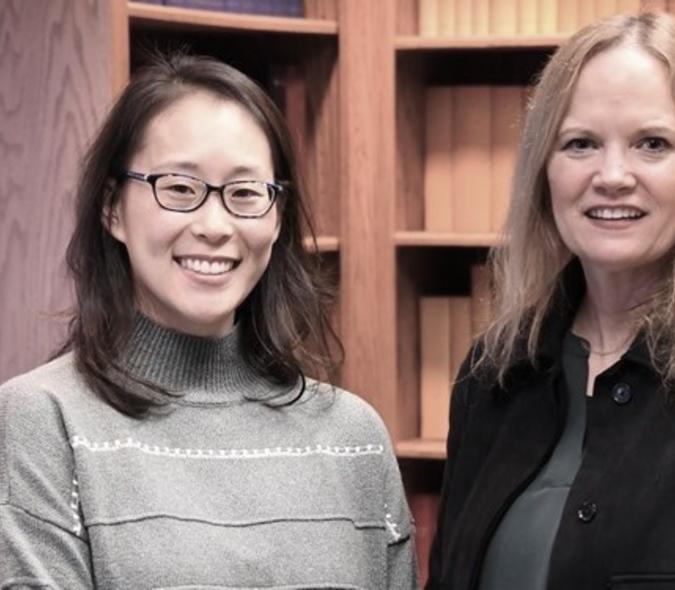
Psychology Week: one psychologist’s perspective about the profession
The American Psychological Association (APA) has designated the third week in April as Psychology Week (this year, it’s April 17-23), with the aim of raising the profile of the discipline and profession of psychology and celebrating its many contributions to benefiting society and improving lives.

The APA suggested several topics that psychologists could use to share their own stories about the specialty. Child and Adolescent Clinical Psychologist and Associate Professor and Masonic Institute for the Developing Brain Clinic Co-Director Sasha Zagoloff (pictured here), PhD, LP, took on the challenge.
Tell the world why psychology matters
Psychology is the study and science of human behavior from individual interactions between people all the way to the science of our population. We can work on changes in individual relationships or critical population-based issues such as climate change and vaccine hesitancy.
Share your favorite part of being a psychologist
My favorite part is the immense privilege we’re given by being invited to work with individuals who are struggling. I’m constantly in awe of my patients’ dreams of becoming healthier and their ability to take steps to make change while having a psychologist by their side for coaching.
Give a shoutout to psychologists who inspire you
I regularly feel inspired by the leadership that Dr. Katie Lingras and Dr. Danielle Vrieze have demonstrated in addressing diversity, equity, and inclusion in our department. This has ranged from book clubs to workshops to one-on-one conversations. Their teaching has changed my approach to education as well as my clinical care. I have no doubt that our department is a kinder community thanks to their labor.
Share some advice for students who are thinking about a career in psychology
A career in psychology provides enormous flexibility and creativity. I would encourage any learner to remain open and curious before narrowing their expectations or vision prematurely. Psychologists are working with industry, for example, getting involved in how to use the data people have on their phones and other wearable devices about sleep or movement. Psychologists are also working at the national and international levels, helping set policy about things such as housing or food insecurity. Schools are a place where psychologists have a role supporting students coming back from the pandemic as well as those who lost a family member to COVID-19.
Every year, I teach our psychology interns about a paper that Drs. Alan Kazdin and Stacey Blase wrote several years ago. The paper was a call to action for psychologists to change our approach to teaching, taking more of a public health viewpoint. If we stay on an individual level, he wrote, the demand will always exceed supply. He provides the example of “quitlines” for smoking cessation – the individual investment is minimal but at a population level the impact is huge. In addition, psychologists are getting more involved in advocacy and I’m excited to see what the future holds, especially in the light of the learners I’m working with today.
Why did you become a psychologist?
I became a psychologist because at an early age, I was fascinated by the ways in which we are impacted by our interactions with others. One invested adult can create an inflection point in a young person's life. Relationships also involve pain, and I am inspired by the resiliency people demonstrate in growing through setbacks.
Highlight your latest work or research
I’m most excited about a new curriculum I’m developing with Cheri Friedrich, DNP, APRN, CPNP-PC, IBCLC, a Clinical Professor in the School of Nursing. The focus is on faculty and preceptor development for interprofessional education. We created a brief curriculum that includes asynchronous videos and questions for reflection, along with a synchronous debrief session so educators across our system and cities can have real-world tips and tricks for meeting the needs of today’s learners in our complex healthcare environment.
What surprises you about the profession?
I am frequently reminded that most people don’t know what psychologists know about human behavior. Those of us who have been in practice – and our learners – can get in a bubble thinking that everyone knows what we know. That is not the case. We are often less surprised by other people’s behaviors because we can put it into a conceptualization that makes sense to us.
Learn more: American Psychological Association



